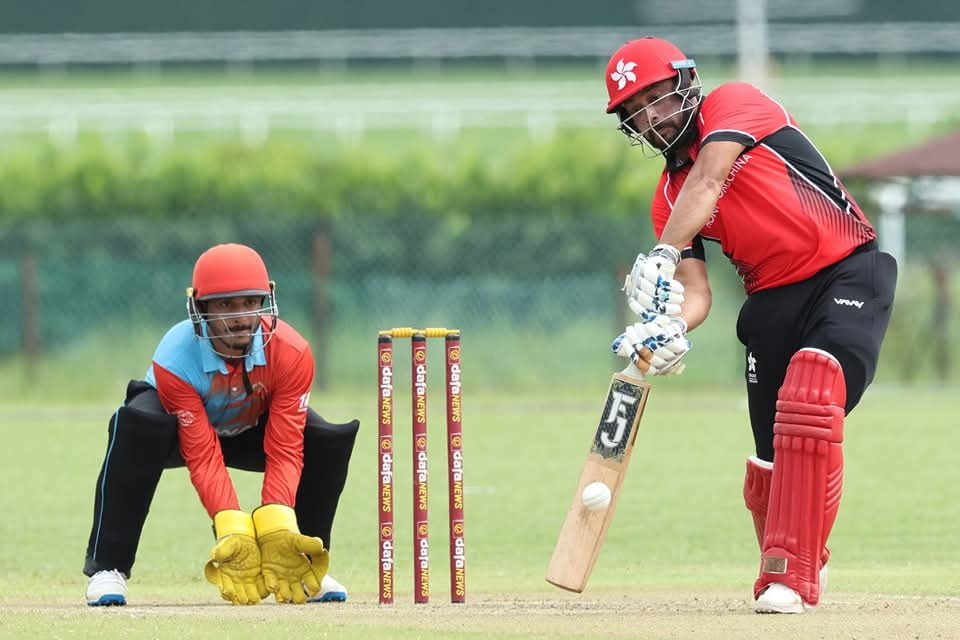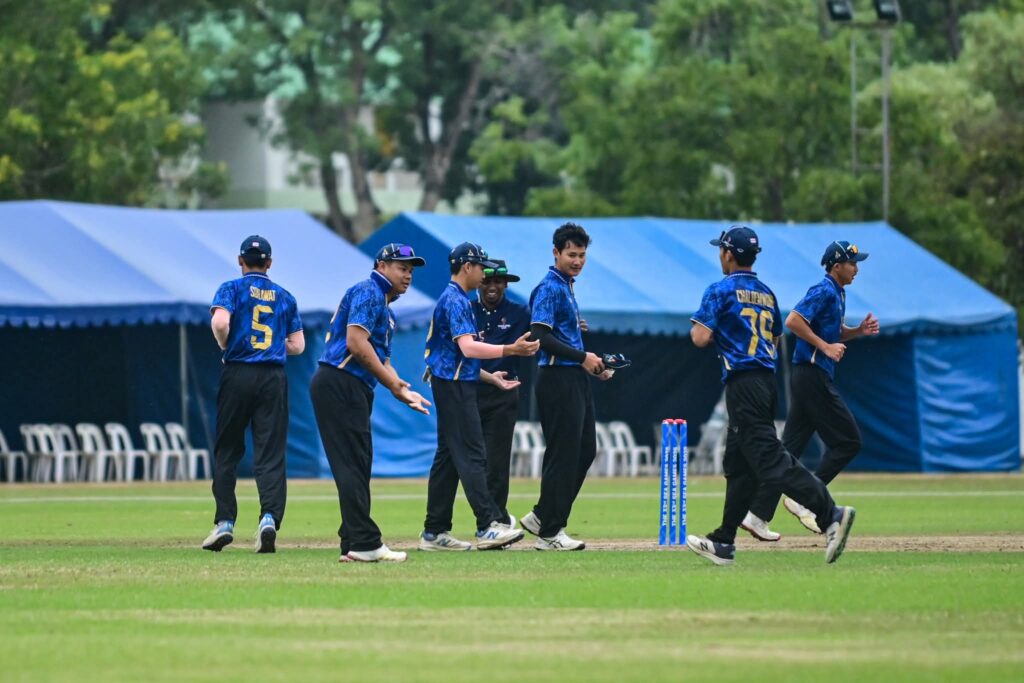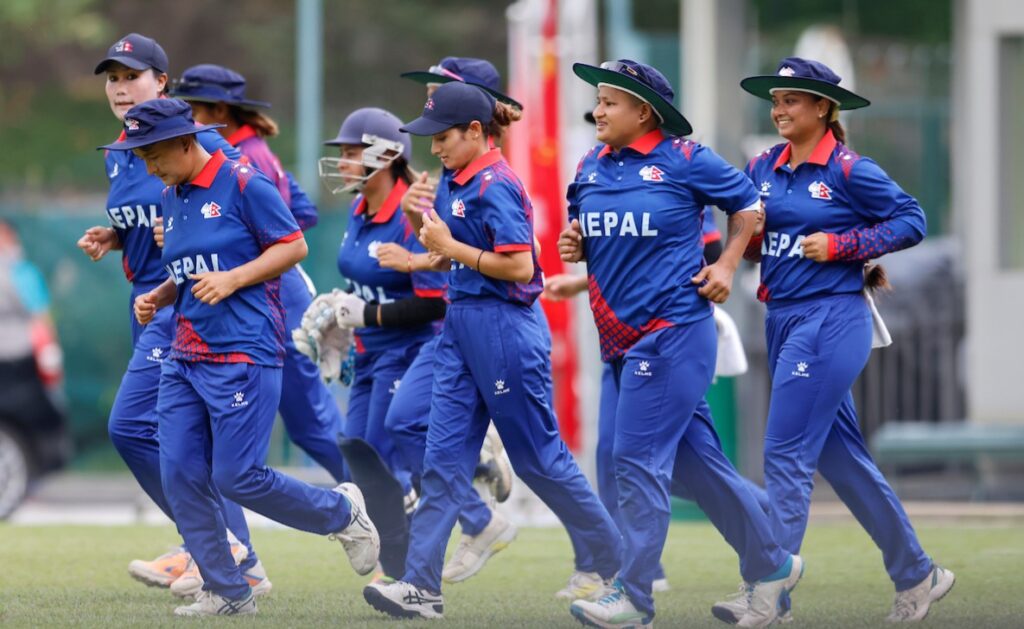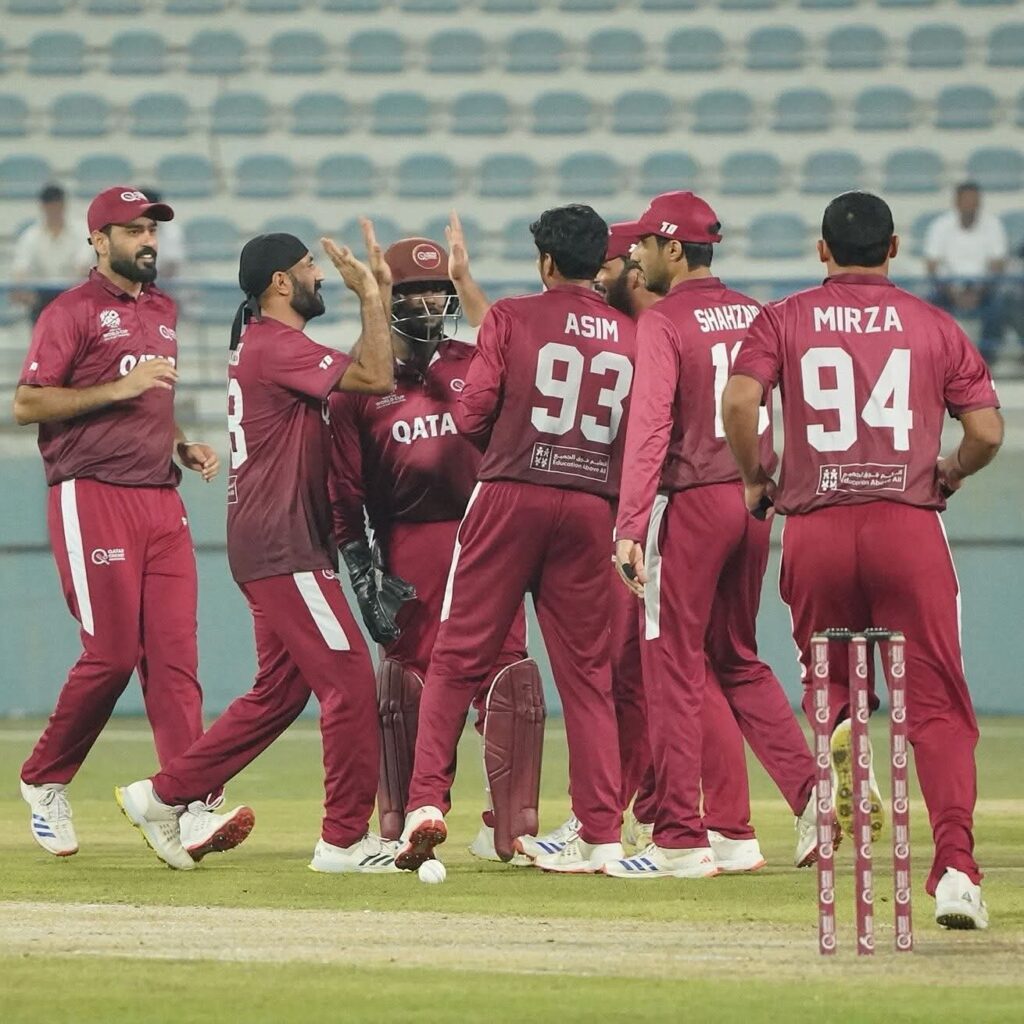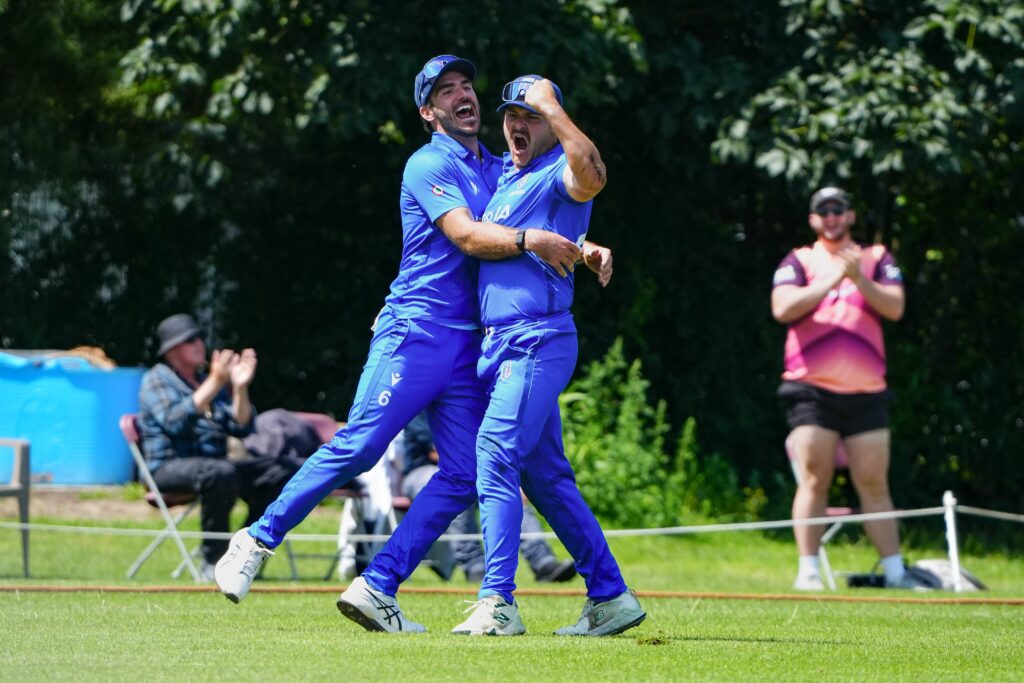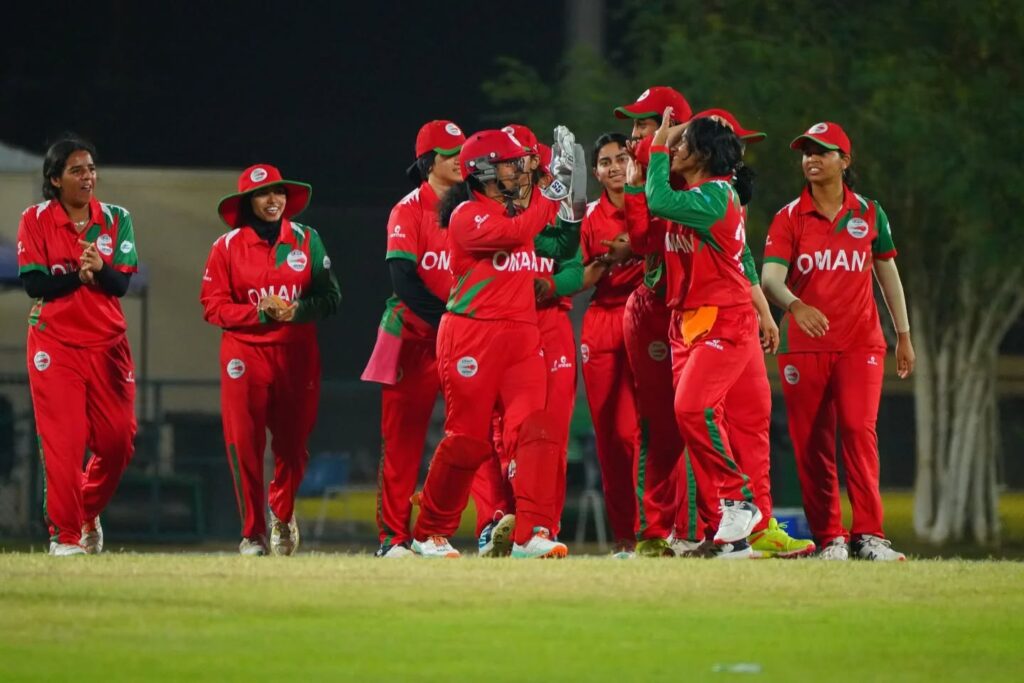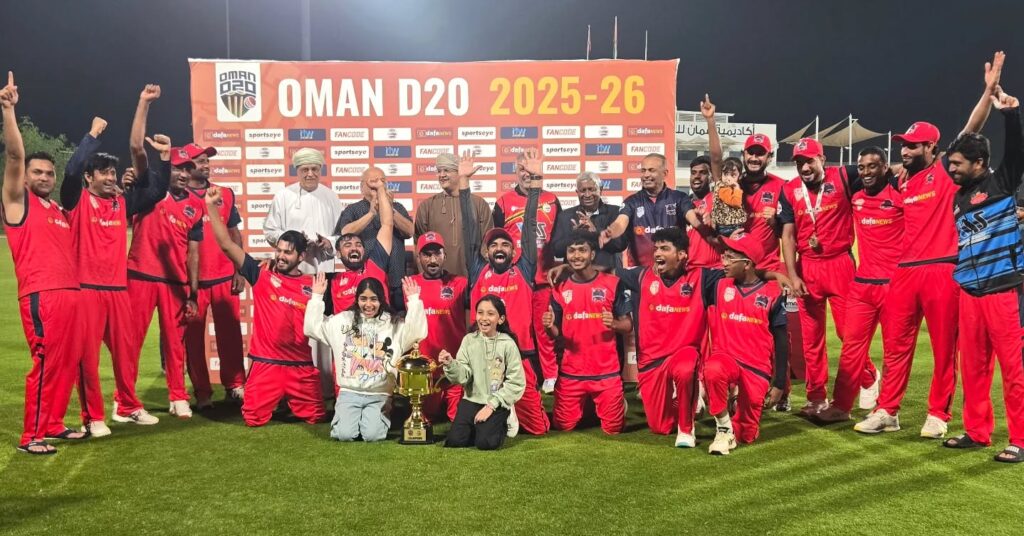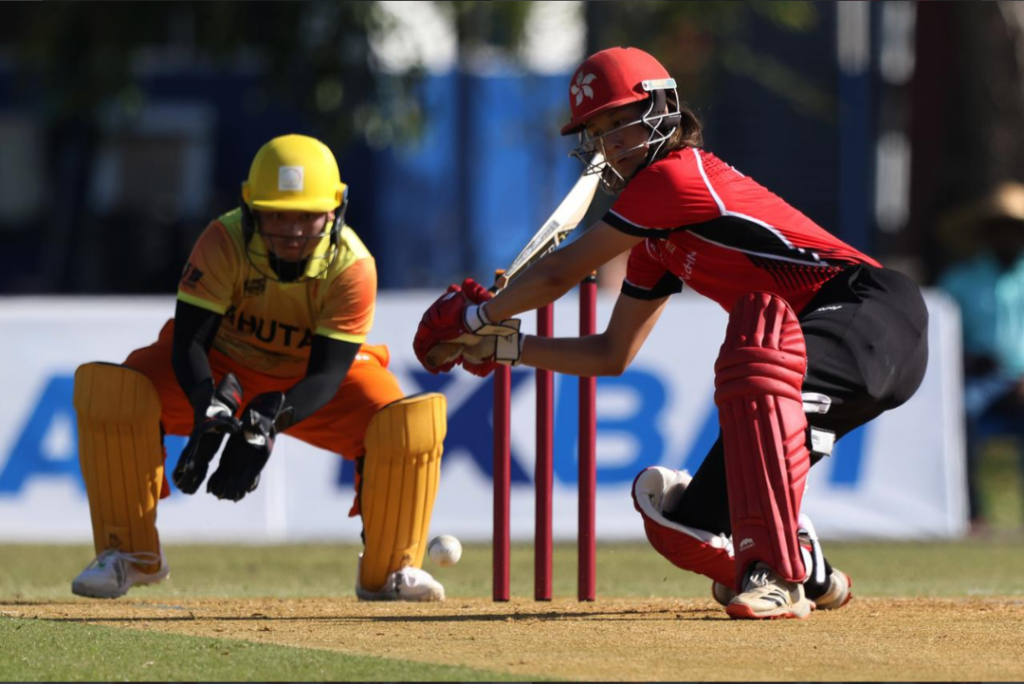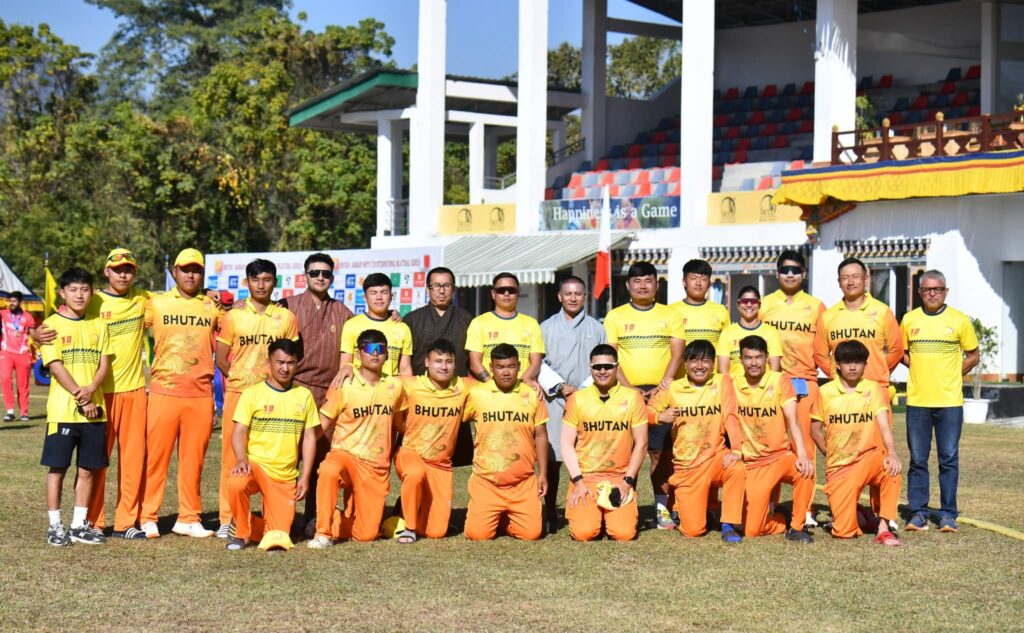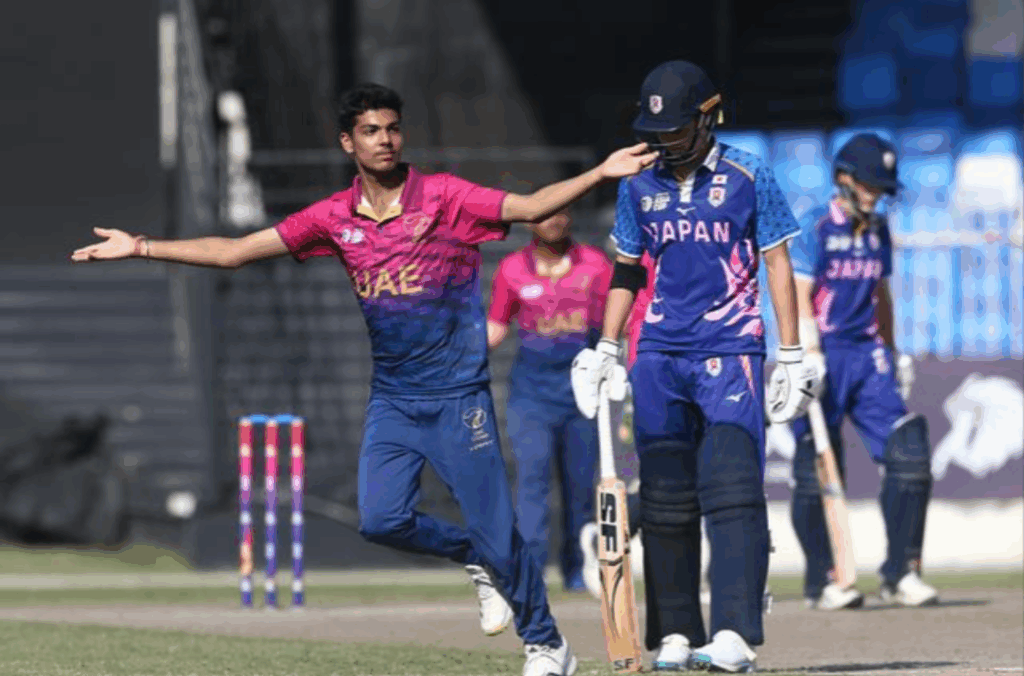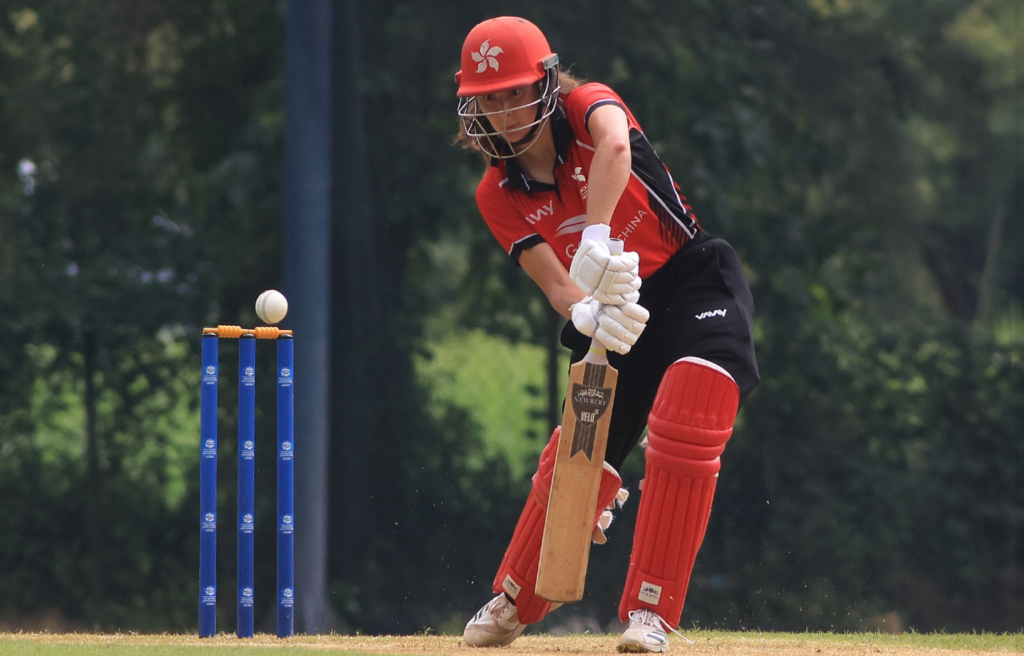Netherlands Men’s national squad took the only way possible for them to get into the main event of an ICC Men’s T20 World Cup without having to go through the qualifiers, and that is by finishing 4th in their Super12 stage group, by staying ahead of Bangladesh on net run-rate and Zimbabwe on points. Their back-to-back wins against Zimbabwe and South Africa are the only wins over Full member countries that they have played throughout this year in both 50-overs and T20 formats, and that has given them their direct ticket to the 2024 edition in West Indies and USA.
But the excitement will also be shared with a realization, that the tenure of their head coach Ryan Campbell comes to an end, and the reigns now remain with the current coach, Ryan Cook, who has had to get the team through most of their home summer this year in the absence of Campbell due to his illness. Although having dominated the Global qualifiers both in the 2021 and 2022 editions of the World Cup was a good achievement for the side, the players and the Cricket Board will be much more relieved now, much like Namibia and Scotland the previous year, who qualified directly for the 2022 edition due to their Super12 progression in the 2021 edition in UAE and Oman.
The team were almost on the brink of elimination in the first round itself, and an UAE brilliance on the day against Namibia gave them the opportunity to continue in this World Cup beyond the first round, and having lost the first three (3) games in the Super12 stage, the players was definitely more disappointed with themselves, but these final two (2) matches have got the firm belief back that if given the opportunities to play consistently against the top teams on a regular basis, than these are the performances that they can produce and have people talk about them. The squad make-up is filled with talent that has been developing in Netherlands through their domestic tournaments and age-group pathway system, and will have more experience to their names by the time 2024 event comes around. These are the same players, who do not have professional contracts to support their livelihoods and commit to playing cricket at all times and also have to endure the lack of high-standard facilities/equipment at the clubs.

